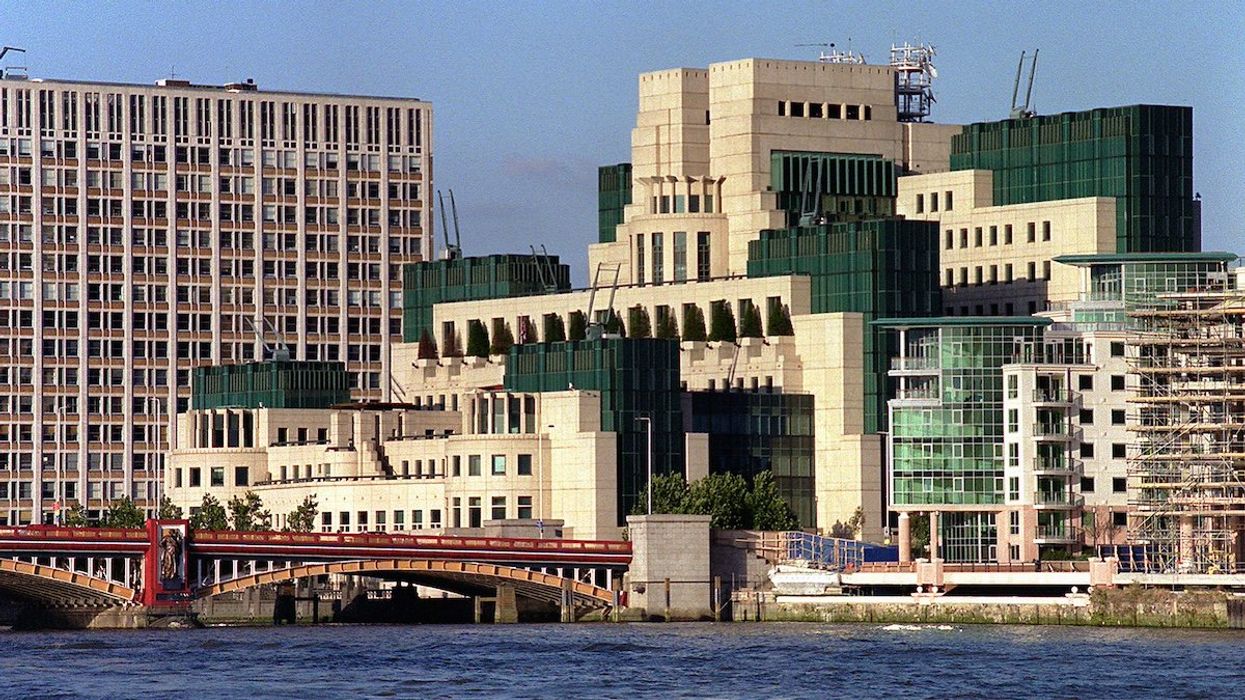GZERO World with Ian Bremmer
Is the US Intelligence community at a breaking point?
Ian Bremmer heads to Washington to sit down with Virginia Senator Mark Warner, a top Democrat pushing back against President Trump’s recent wins—and raising alarms about the politicization of US intelligence and the future of American foreign policy in the Trump era.
Jul 21, 2025



